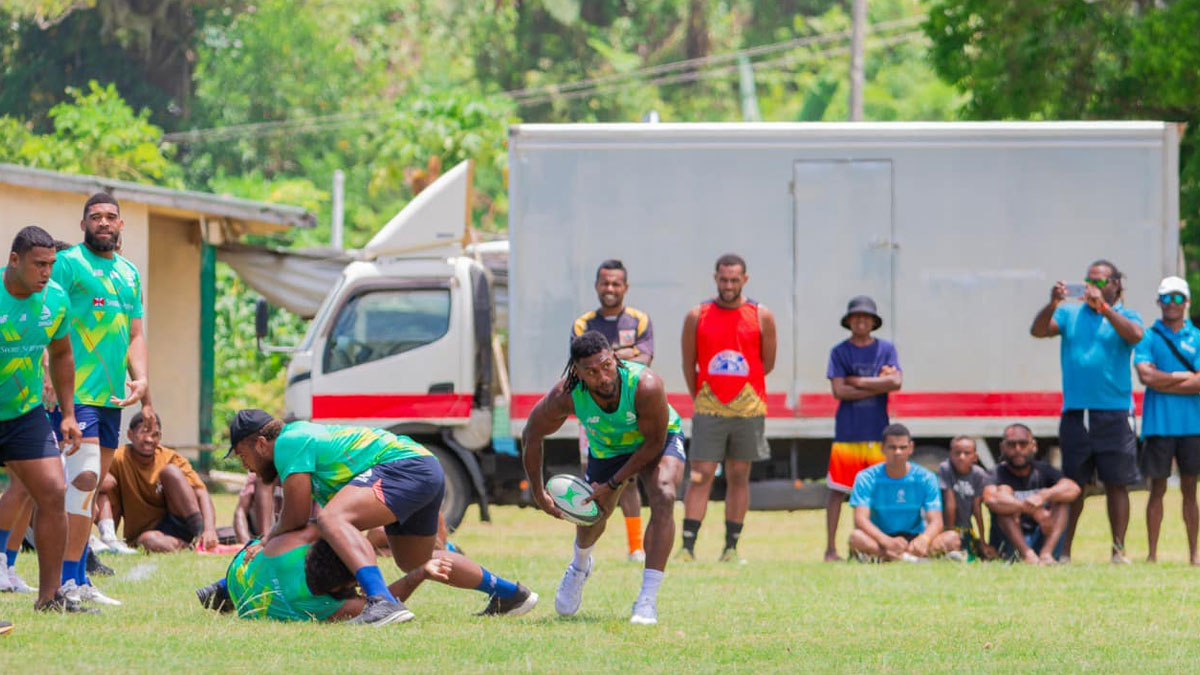
Surveillance of community-based respiratory illness is expected to improve as the cabinet given approval for a Flu Tracking project to be conducted in the country.
The cabinet says the Australian Department of Foreign Affairs and Trade is funding the expansion of Flu Tracking with the support of Hunter New England Health, Beyond Essential Systems and DFAT’s Indo-Pacific Centre for Health Security.
It says Flu Tracking is a crowd-sourced, online health surveillance system used to detect disease outbreaks and epidemics across Australia and New Zealand.
Running since 2006 in Australia and 2018 in New Zealand, the system provides a real-time source of syndromic surveillance data to augment other existing systems.
They say the global experience of the COVID-19 pandemic has shown that countries need to have the capacity to prevent, prepare for, and respond to existing and emerging communicable disease outbreaks.
The cabinet adds early detection of cases of a new disease or an increase in an existing (endemic) disease is critical to rapid response and containment of any outbreak.
It says traditional communicable disease surveillance in Fiji is health facility-based, which means the trend of a disease is monitored by counting the number of patients visiting the health facilities with signs and symptoms of that disease, and/or laboratory test results specific to the disease.
They say essentially, the system is able to produce an alert that cases are rising only after people come to be checked by a healthcare worker at a health facility.
The cabinet says since outbreaks begin in the communities and the earliest signs that an outbreak is occurring are visible within those communities, it is important to enhance the ability to detect these early signals through community-based surveillance.
The Flu Tracking Project between Hunter New England Health and Fiji CDC will set up FluTracking using crowd-sourced data from voluntary participants for surveillance of respiratory illnesses such as influenza-like illness and potentially other illnesses such as diarrhoea.
After registering for FluTracking, volunteers will be emailed a weekly survey requesting answers to questions on the presence or absence of key symptoms e.g. fever, cough, runny nose, shortness of breath, changes in taste or smell, headache.
The cabinet says the expected impact of a more sustainable community-based surveillance system (as opposed to traditional health facility-based systems) is a more timely and measured public health response.
It says this involves an escalation of public health strategies that focus on early recognition of danger signs (and thus early intervention) and focused attention to vulnerable populations to mitigate against severe disease and death.
Stay tuned for the latest news on our radio stations


